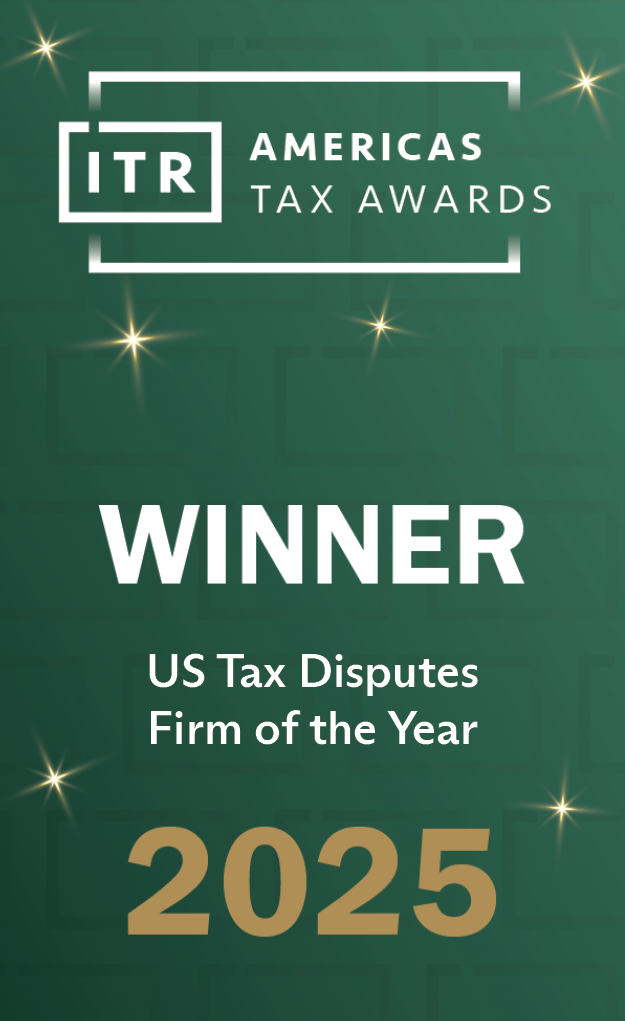The Internal Revenue Service (IRS) Large Business and International (LB&I) Division recently released several directives (LB&I Directives) geared toward transfer pricing. LB&I acknowledges that significant LB&I resources are devoted to transfer pricing issues, and such issues make up a substantial portion of the LB&I inventory. It appears that these directives are aimed at ensuring that LB&I resources are utilized in the most efficient and effective manner on transfer pricing issues. A link to each LB&I Directive and a short summary is provided below.
This LB&I Directive advises LB&I examiners that it is no longer necessary to issue the mandatory transfer pricing information document request (IDR) to taxpayers that have filed Form 5471, Information Return of U.S. Person with Respect To Certain Foreign Corporations, or Form 5472, Information Return of a 25% Foreign-Owned U.S. Corporation or a Foreign Corporation Engaged in a U.S. Trade or Business, or engaged in cross-border transactions. An update to Part 4.60.8 of the Internal Revenue Manual will be made in the future to further explain this change.
This LB&I Directive, aimed at LB&I taxpayers (i.e., taxpayers with assets equal to or greater than $10 million) who are required to file Forms 5471 or 5472, provides instructions to LB&I examiners related to the assertion of penalties under Internal Revenue Code (Code) Section 6662(e). The Directive discusses the Code Section 6662(e) penalty and emphasizes that a manager’s written approval is required before assertion of the penalty.
This LB&I Directive instructs LB&I examiners to, “Stop developing adjustments to cost sharing arrangements (CSAs) based on changing the taxpayer’s multiple reasonably anticipated benefits (RAB) shares to a single RAB share when subsequent platform contribution transactions (PCTs) are added to an existing CSA until a Service-wide position is finalized.” The IRS is currently reviewing certain issues in this area and does not want examiners to develop adjustments based solely on changing multiple RAB shares to a single RAB share for subsequent PCTs. However, examiners are instructed to still examine whether multiple RAB shares used by taxpayers are appropriate given all the specific facts and circumstances.
This LB&I Directive instructs LB&I examiners to, “Stop opening issues related to stock-based compensation (SBC) included in cost-sharing arrangement (CSAS) intangible development costs (IDCs) until the Ninth Circuit issues an opinion in the Altera case on appeal.” No new examinations of CSA SBC issued are to be started. After Altera is decided, LB&I will reconsider this Directive and provide further instructions. For current examinations where the SBC issue is already being developed, LB&I examiners are to stop development only if the taxpayers agreed to extend the statute of limitations for a period that extends beyond the decision in Altera factoring in additional development work. If the taxpayer does not agree to extend the statute of limitations, the development of the issue should continue.
Instructions for LB&I on Transfer Pricing Selection and Scope of Analysis – Best Method Selection
This LB&I Directive instructs LB&I examiners to, “Obtain Treaties and Transfer Pricing Operations (TTPO) Transfer Pricing Review Panel approval before changing the taxpayer’s selection of a Treas. Reg. §1.482 method as the best method as supported in contemporaneous transfer pricing documentation or APA submission.” The Directive further provides that if examiners obtain information that supports a conclusion that a method other than that used by the taxpayer would result in a more reliable measure of the arm’s length result, the approval process under the Directive for the alternative be used. Specific approval instructions are provided.
Practice Point: According to the IRS, “LB&I Directives provide administrative guidance to LB&I examiners to ensure consistent tax administration on matters relating to internal operations. The Directives do not establish Service position on legal issues and are not legal guidance.” Nevertheless, LB&I Directives are generally followed by IRS personnel and can be a useful guide for taxpayers and their representatives in navigating audits. For taxpayers with transfer pricing issues, the LB&I Directives should be carefully reviewed to see how they impact ongoing and future audits.







